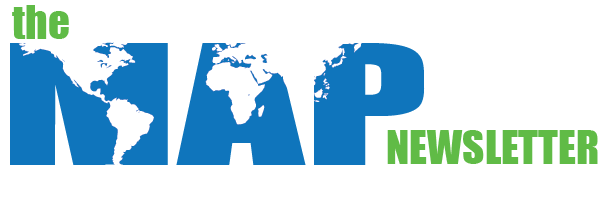Medical publication policies and guidelines offer a framework for best practices, but there may be situations when more than one approach seems reasonable. The primary purpose of “What Would You Do?” is to explore examples of such situations. With the limited information provided to interpret the scenarios, you may find yourself agreeing with one, more than one, or none of the proposed actions. And that’s the point ‒ you should debate, contemplate, and communicate (with a comment) before selecting your “best” answer.
Now let’s find out how you responded and read through some commentary (for context only; not meant to be comprehensive) to the below scenario:
You are pleased to see that an author of an abstract at final draft has sent her final comments because the submission deadline is just days away. However, the author has also included a request to add one of her colleagues as an author to the abstract. The abstract reports secondary outcomes from a primary study. The colleague is a statistician who has conducted some of the secondary analyses that will be included in the abstract, and the author indicates the colleague had reviewed earlier drafts with her. The statistician who conducted the primary analyses and other secondary analyses is already included as an author.
A. Invite the author’s colleague to be an author on the abstract and ask for his/her final approval
B. Point out to the existing author that her colleague does not fulfill ICMJE roles and responsibilities for authorship of the abstract, but his/her role can be acknowledged
C. Contact the co-authors to request their agreement to add this new author proposed by a fellow author on the basis that he/she fulfills ICMJE criteria for authorship
D. Notify the author and colleague that the colleague can be added as an author if they can provide the colleague’s input on the earlier drafts and he/she approves the final abstract

A total of 169 respondents replied to this poll.
In this scenario, it is important to ascertain whether the intellectual/analytical contributions of the colleague were distinct and beyond what the current lead statistician author contributed and integral to the publication, or largely overlapping and confirmatory with what the current author has already contributed. The latter may warrant an acknowledgement, while the former could mean that International Committee of Medical Journal Editors (ICMJE) authorship criterion #1 has been met and the colleague can be given the opportunity to fulfill the rest of the authorship criteria if he/she wishes to participate in such capacity.1 Option B does not seem to allow for the authorship opportunity.
For the new author to fulfill the remaining ICMJE criteria, there should be documented critical review of drafts, final approval, and agreement to be accountable for the results the author generated. Company policies should also be reviewed to ensure sufficient justification is captured. Whenever there is a proposed change to authorship after drafting has begun, the rationale for including/removing an author should be shared and agreed upon by the other authors.2 Options A and D appear to bypass this step, with the sponsor making the decision unilaterally. Overall, Option C may be a transparent, diplomatic approach to take, assuming the remaining authorship criteria will be met.
Key Takeaway
Ideally, the roles, responsibilities, and expectations of each author should be outlined and agreed upon either before or very early in the publication development process, including a discussion to ensure authorship is complete. Despite best efforts to follow good practice regarding authorship, there will be times when unexpected events occur during the development of a publication that challenges initial author assignments. When that happens, it is important to refer to ICMJE authorship criteria, GPP3, and company publication policies for guidance as to an appropriate path forward.
Eric Y. Wong, PhD, MBA, ISMPP CMPPTM, Janssen Global Services, LLC
This article was prepared by the author in his personal capacity. The opinions expressed within are the author’s own and do not necessarily reflect the views of Janssen Global Services, LLC.
References
- Recommendations for the Conduct, Reporting, Editing, and Publication of Scholarly Work in Medical Journals (updated December 2019): http://www.icmje.org/icmje-recommendations.pdf
- Good Publication Practice for Communicating Company-Sponsored Medical Research: GPP3: Ann Intern Med. 2015 Sep 15;163(6):461-4. doi: 10.7326/M15-0288.
